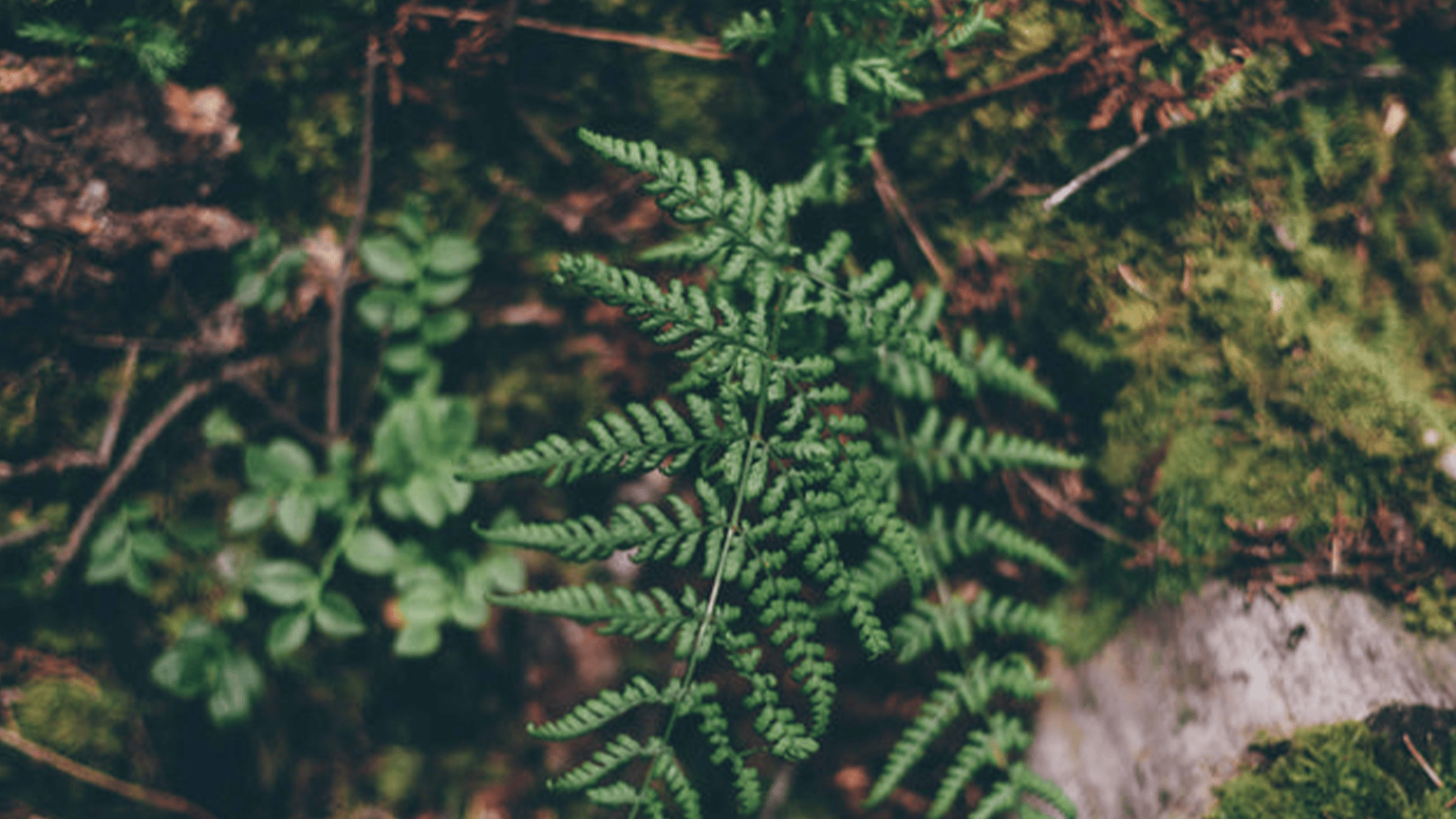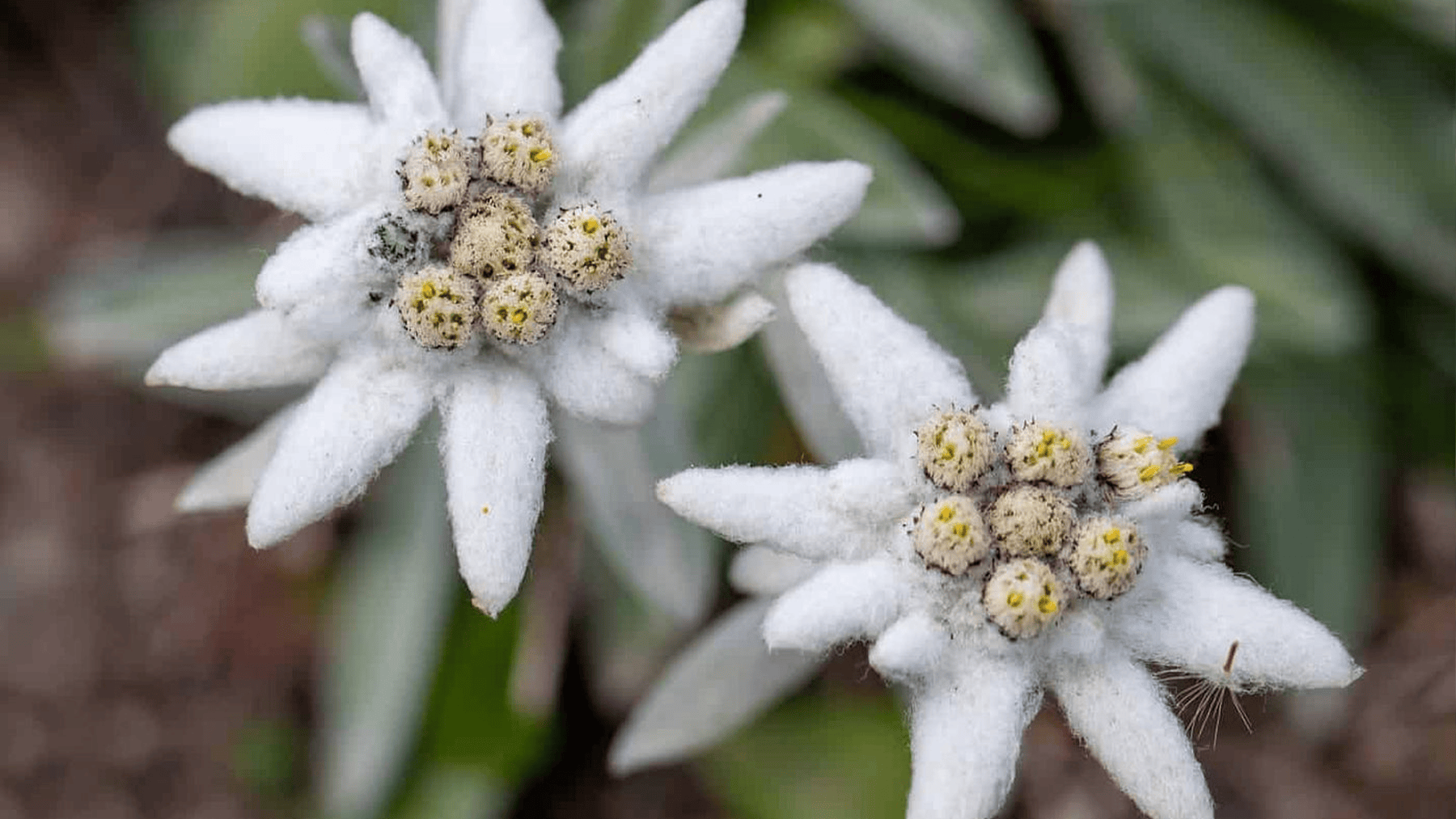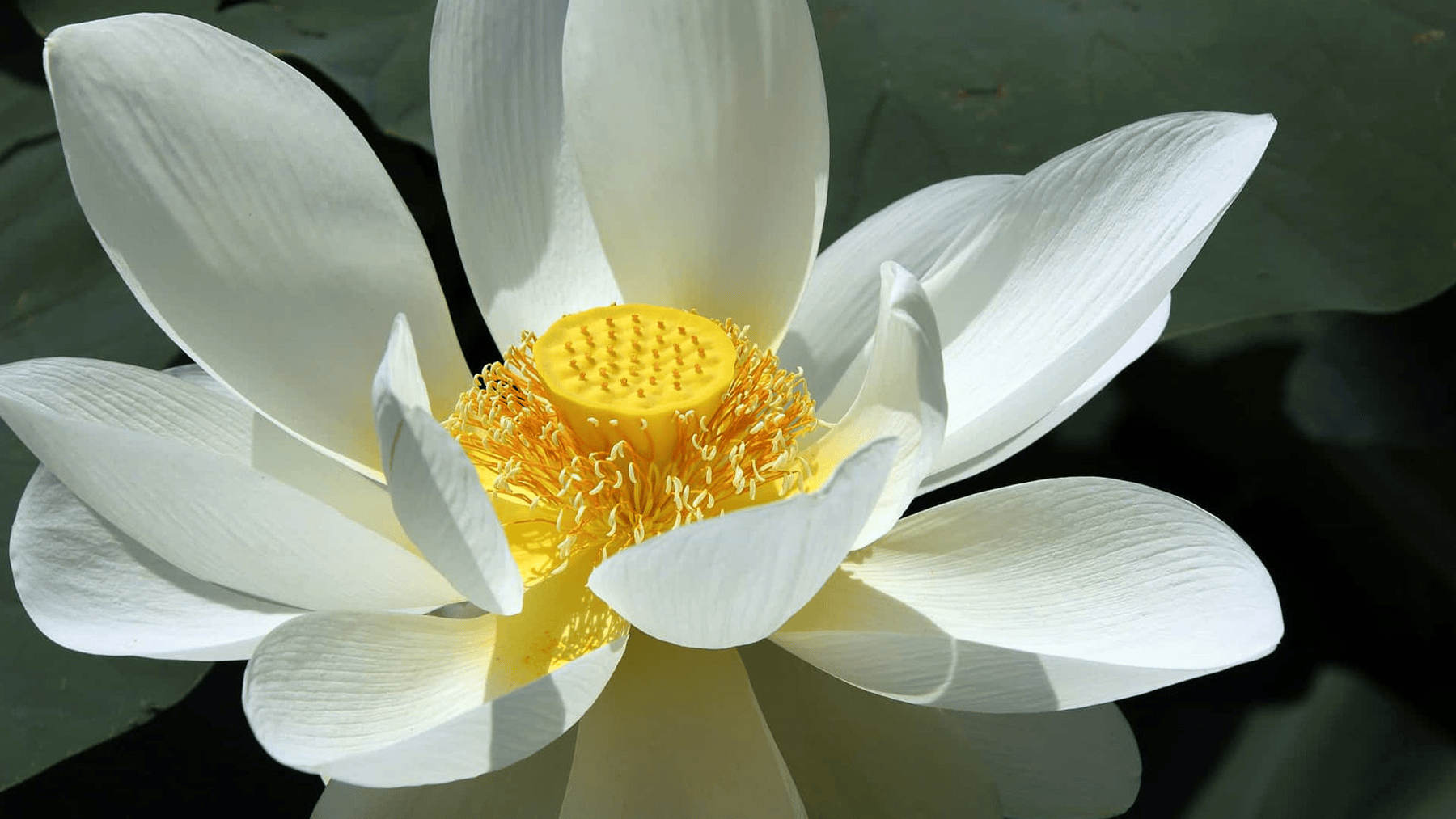
Japanese Indigo
Japanese Indigo, or Polygonum Tinctorium, is a gorgeous flowering plant despite being part of the taxonomic family with the unfortunate name “buckwheat” and “knotweed.” It is native to Eastern Europe and Asia and was used throughout history as both a potent topical treatment and a rich blue dye.
Skincare
This distinctive plant is just as beneficial for the skin as it is beautiful. Japanese Indigo quite stubbornly draws in all of the nutrients in the soil around it as it matures. Although this makes it quite hard to grow, those same nutrients give the plant amazing soothing and restorative effects. Japanese Indigo was previously used for hundreds of years as a traditional medicine to treat a wide range of skin conditions, including psoriasis and eczema. Its healing and restorative properties lie within its anti-inflammatory components. High in tryptanthrin, a nitrogen-rich compound, Japanese Indigo flushes away all toxins and restores balance to the skin. Indirubin, an active ingredient also used in traditional Chinese medicine, is a dynamic isometric compound that reduces inflammation while simultaneously strengthening the skin’s natural barrier to increase resilience. Perfect for sensitive skin, this all-natural, gentle ingredient soothes your skin to keep it silky smooth without being greasy or weighing it down.
Almost Forgotten
Though it has been used for centuries, traditional knowledge about this plant was largely forgotten and recently rediscovered and implemented again in skincare. For centuries in Asia, especially countries like China, Japan, and Thailand, it was used as a natural remedy for both external and internal ailments. Japanese Indigo is known to calm and comfort irritated skin, and it was also often combined with other herbs and extracts for topical therapeutic application. Its medicinal properties also transcend mere ointments and oral medication. In Japan, during the Edo period, Samurai wore cotton cloth, dyed a brilliant hue with Japanese Indigo, underneath armor to heal injuries from combat and prevent infection. Traditional Japanese firefighters followed suit, using indigo-dyed cloth to protect and heal burns.




Leave a comment
This site is protected by hCaptcha and the hCaptcha Privacy Policy and Terms of Service apply.